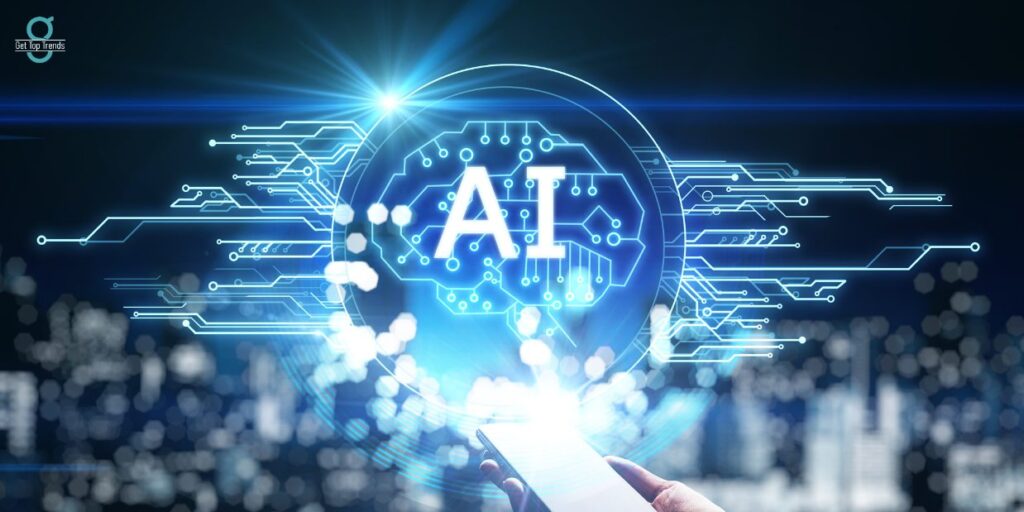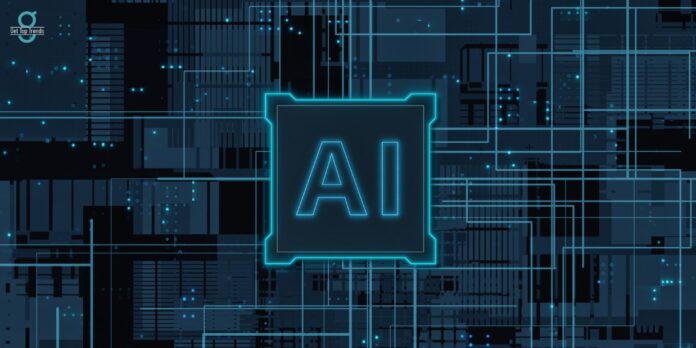The pervasive influence of artificial intelligence (AI) has undeniably transformed our lives, fueling an era of groundbreaking technological advancements. Spanning across every industry, AI has profoundly impacted society as a whole.
The genesis of AI can be traced back to 1956 when the term was first coined during a seminal conference. The ensuing discussions at this gathering paved the way for interdisciplinary information technology and natural language generation breakthroughs. Subsequently, the exponential growth of the internet acted as a catalyst, propelling AI technology into the mainstream.
Once considered a stand-alone concept for three decades, Artificial Intelligence has permeated all spheres of life. Commonly referred to as AL, artificial intelligence is the process of replicating human intelligence within machines.
Top 7 Artificial Intelligence Technologies In 2023
All we know is that the world is transforming with Artificial Intelligence. Embedded within AI are numerous emerging technologies that have captivated the attention of startups and industry giants alike. A fierce race to integrate AI into operations, data mining, and more has ensued.
Let us delve into the seven cutting-edge AI technologies of 2023 currently at innovation’s forefront.
1. Natural Language Generation:
Machines communicate and process information in distinct ways compared to the human brain. Natural language generation, a prominent technology, converts structured data into human language, rendering it comprehensible.
By utilizing algorithms, machines can transform data into formats tailored to user preferences. Natural language, a subset of AI, empowers developers to automate content creation and dissemination across social media and other platforms.
This automation minimizes the need for human intervention, as data can be visualized through charts, graphs, and other intuitive representations.
2. Speech Recognition:
A pivotal aspect of AI, speech recognition bridges the gap between human and computer interactions by converting spoken language into a usable computer format. This transformative technology enables computers to comprehend and interpret human speech across multiple languages. A prominent example is Siri, the virtual assistant featured on iPhones.

3. Virtual Agents:
Virtual agents have emerged as indispensable tools for instructional designers. These computer applications interact with humans and serve as customer service agents on web and mobile platforms.
Chatbots, offered by various companies, engage with users to address their queries. For instance, Google Assistant assists with scheduling meetings, while Amazon’s Alexa simplifies online shopping. Virtual agents also act as language assistants, intelligently adapting to user preferences.
IBM Watson, for example, adeptly handles diverse customer service queries. Furthermore, virtual agents can be deployed as software-as-a-service (SaaS) solutions.
4. Decision Management:
Modern organizations increasingly implement decision management systems to convert and interpret data into predictive models. These enterprise-level applications provide up-to-date information for data analysis, aiding organizational decision-making processes.
Decision management empowers swift decision-making, risk mitigation, and process automation. Industries such as finance, healthcare, trade, insurance, and e-commerce extensively utilize decision management systems.
5. Biometrics:
Deep learning, a facet of AI, functions through artificial neural networks that closely emulate human learning processes. By training computers and machines through examples, deep learning enables them to process vast amounts of data.
The term “deep” reflects the presence of hidden layers within neural networks. Typically, a neural network comprises 2-3 hidden layers, although it can extend to a maximum of 150.
Deep learning’s applications span diverse domains, including aerospace and military, where it aids in satellite-based object detection, improves worker safety by identifying risk incidents, and even assists in cancer cell detection.
6. Machine Learning:
Machine learning, a prominent subset of AI, empowers machines to analyze and make sense of large datasets without explicit programming. Machine learning enables informed decision-making through data analytics by leveraging algorithms and statistical models.
Industries such as healthcare, finance, and retail rely on machine learning to analyze patient data for disease prediction, identify customer investment opportunities, and predict consumer behavior based on historical data.
7. Robotic Process Automation:
Robotic process automation (RPA) leverages AI to configure software applications capable of interpreting, communicating, and analyzing data. This discipline automates repetitive, rule-based operations, increasing efficiency and productivity.
Conclusion
Artificial intelligence represents computational models of intelligence that have transformed numerous sectors. Its benefits are already being realized in various industries. As organizations embrace adopting artificial intelligence, conducting pre-release trials to mitigate biases and errors is crucial.
Robust designs and models are essential for ensuring the success of artificial systems. Continuous monitoring in diverse scenarios is necessary once these systems are deployed.


